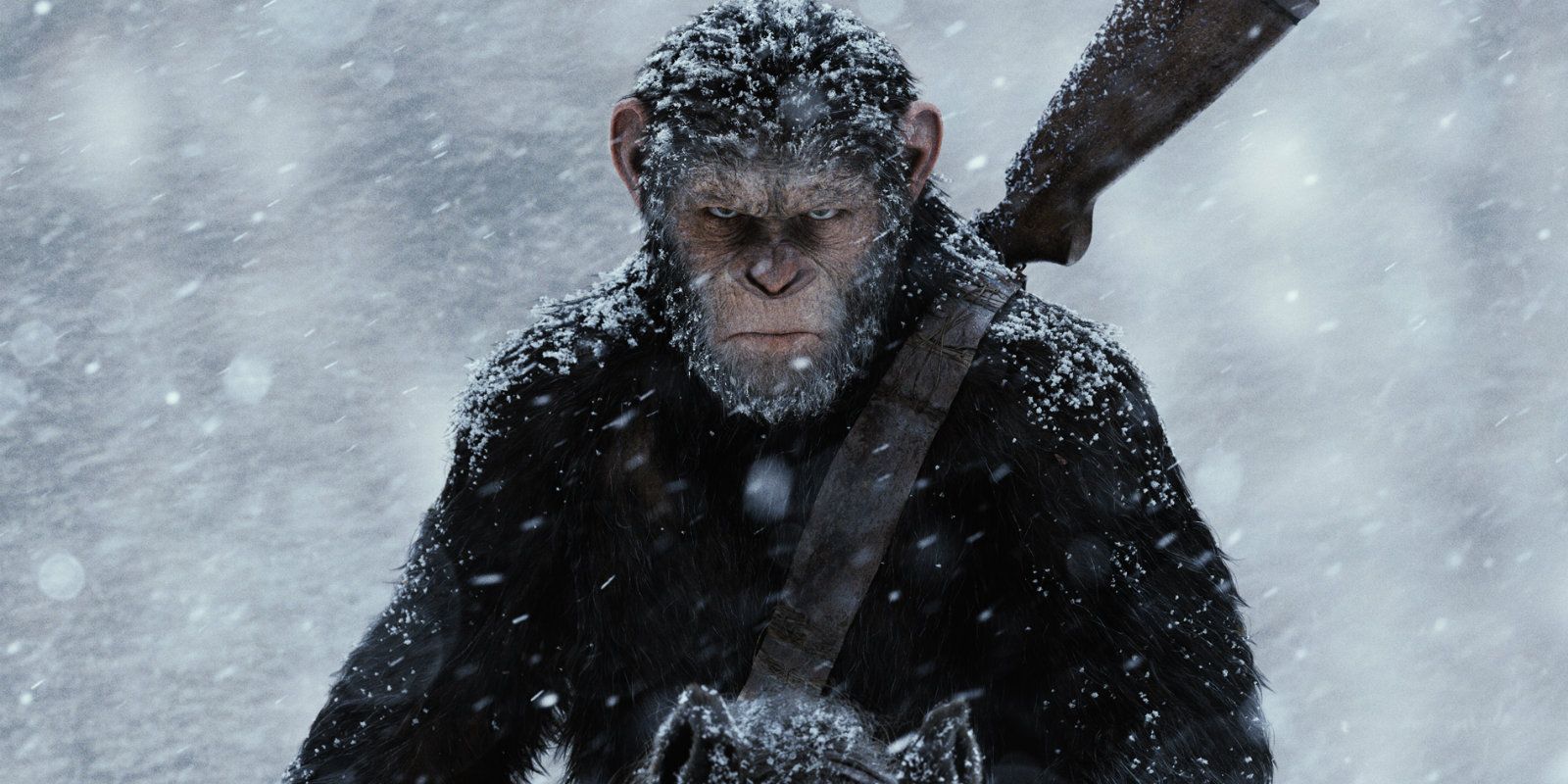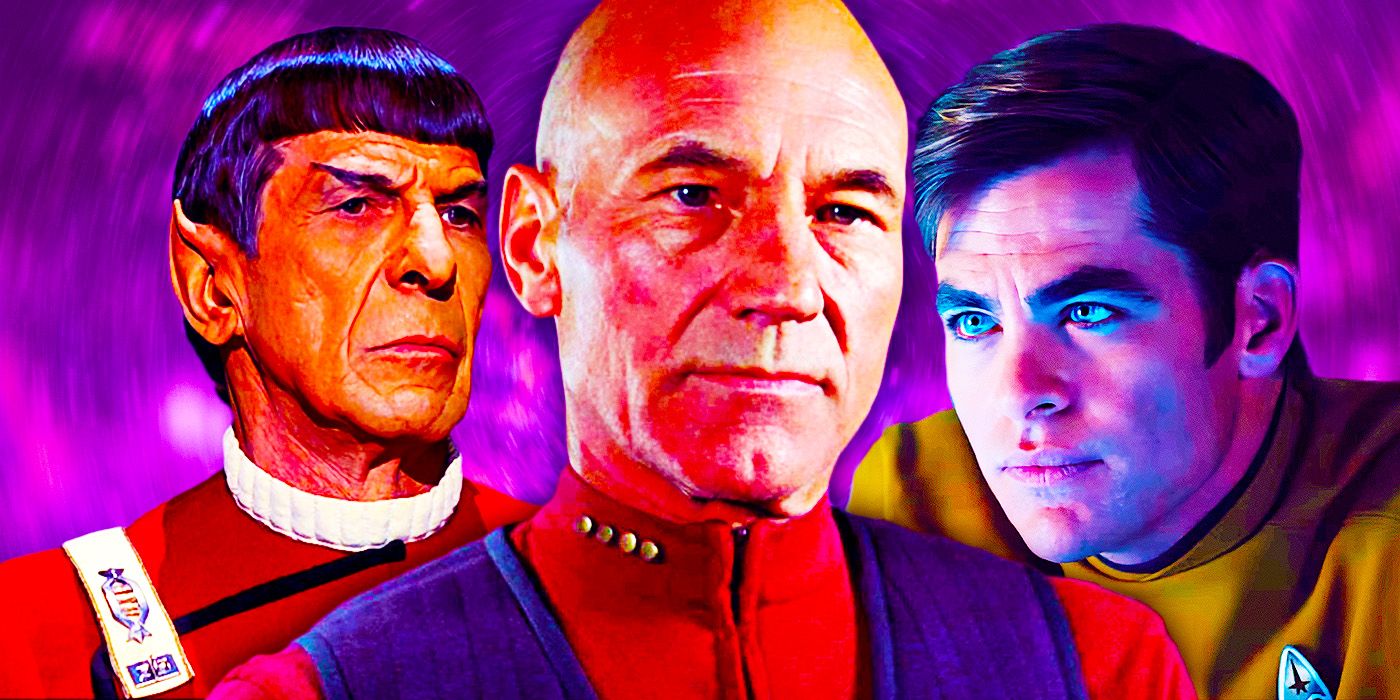Fox’s Planet of the Apes reboot trilogy completely ignored the original Planet of the Apes’ time travel twist, which turned out to be the right decision in the long run. Technically a reboot, while also being a prequel to the events of the 1968 Planet of the Apes, the 2010s Planet of the Apes trilogy masterfully reignited the franchise after Tim Burton’s disappointing Planet of the Apes (2001). Critically claimed as some of the best modern-era blockbusters, the last three Planet of the Apes films were not as sci-fi as the originals but instead offered a more human outlook on their main character, Caesar.
10 years after the Tim Burton Planet of the Apes film, Rise of the Planet of the Apes tried to once again reinvent the franchise now telling a sort of origin story to the world shown in the original movie. Rise of the Planet of the Apes set itself apart from the original films and its sequels right away, as the events of how the dystopian future came to be were significantly different. However, the context of the story was similar enough for this reboot trilogy to be perceived as prequels. Rise was followed by Dawn of the Planet of the Apes and War for the Planet of the Apes, the latter of which wrapped up the trilogy.
Apart from one Easter egg in Rise of the Planet of the Apes mentioning missing astronauts, the 2010s Planet of the Apes trilogy completely ignored the time travel element from the original films. One of the most shocking plot twists in movie history, Planet of the Apes ends with the reveal that the mysterious planet was actually Earth and that Taylor had simply gone into the future. The time travel twist added another layer of sci-fi to Planet of the Apes, and it set the narrative for the four other films that followed. The five original Planet of the Apes films became then perceived as a time travel story, which is not something the rebooted trilogy needed to replicate. Despite its obvious sci-fi premise, Rise of the Planet of the Apes and its sequels went for a more realistic and human approach. The focus was not on the “planet of the apes” but rather on Caesar’s personal journey.
The Planet Of The Apes Reboot Trilogy Never Needed Time Travel

By focusing on Caesar and skipping over the more fantastical side of the franchise, the Planet of the Apes reboot trilogy delivered something that none of the original films had. Rise, Dawn, and War all showed different sides of Caesar and challenged the Andy Serkis character with new conflicts, none of which asked for a time travel twist like the one in the original. Planet of the Apes (1968)’s time travel will forever be a groundbreaking movie plot twist. After four other Planet of the Apes films that leaned heavily on the time travel gimmick, the reboot trilogy had to try something different. Had Rise, Dawn, or War tried to reference the time travel plotlines from the first five Planet of the Apes movies, the intimate aspect of the trilogy would have been lost.
Planet of the Apes (1968) and its original sequels are among some of the most unique time travel-related films ever made. The Planet of the Apes reboot trilogy showed that different types of stories could be told within that world. While the sci-fi aspect may have been lost, the astonishing quality of Rise of the Planet of the Apes, Dawn of the Planet of the Apes, and War for the Planet of the Apes made it worth it.





